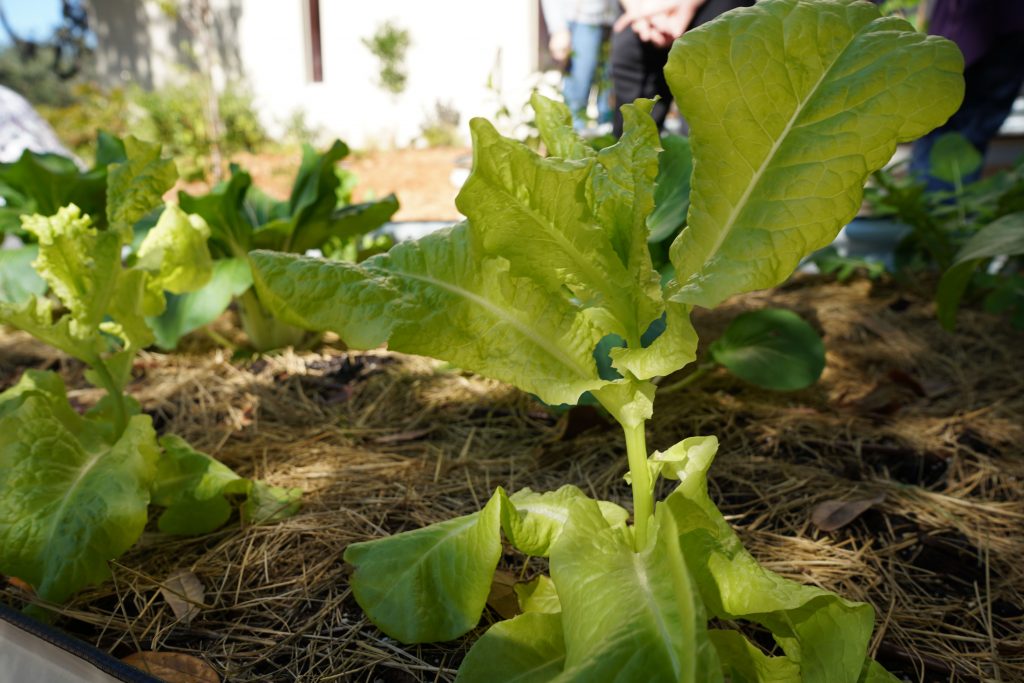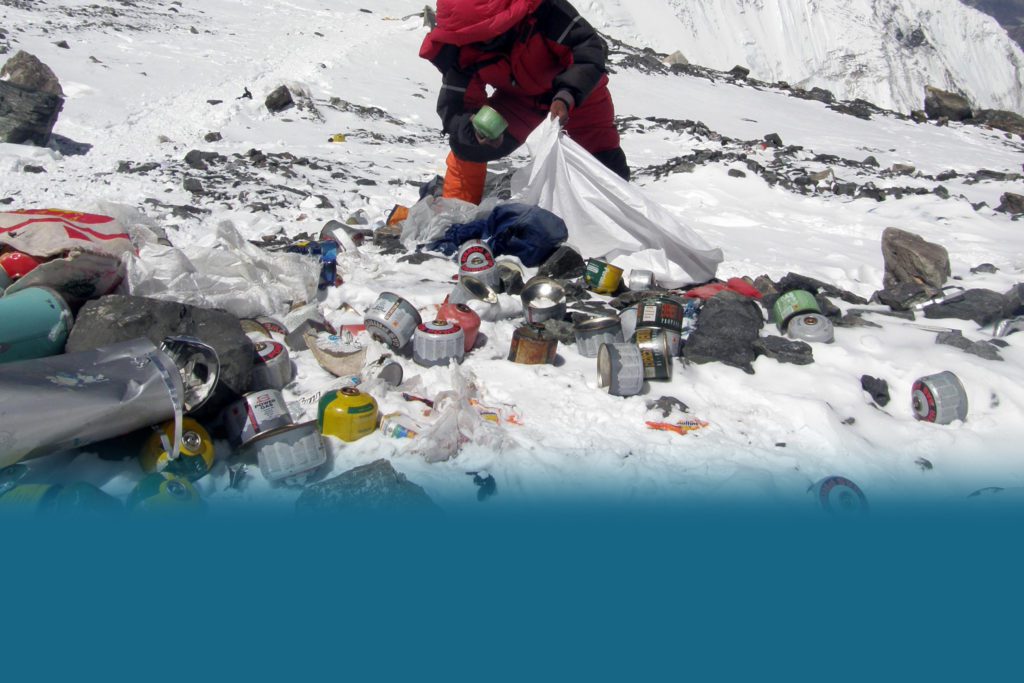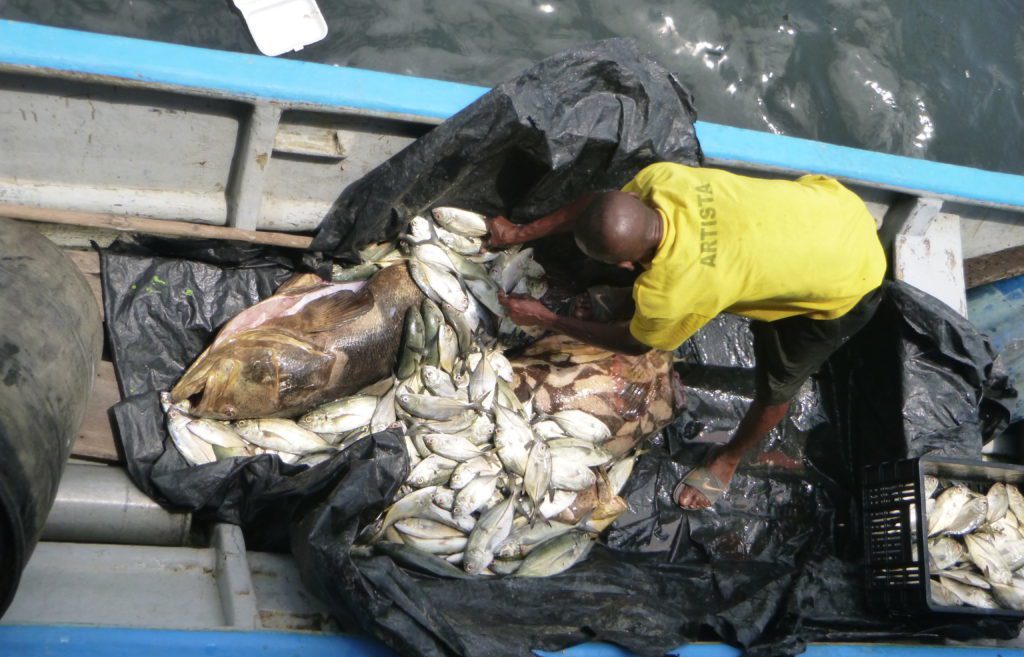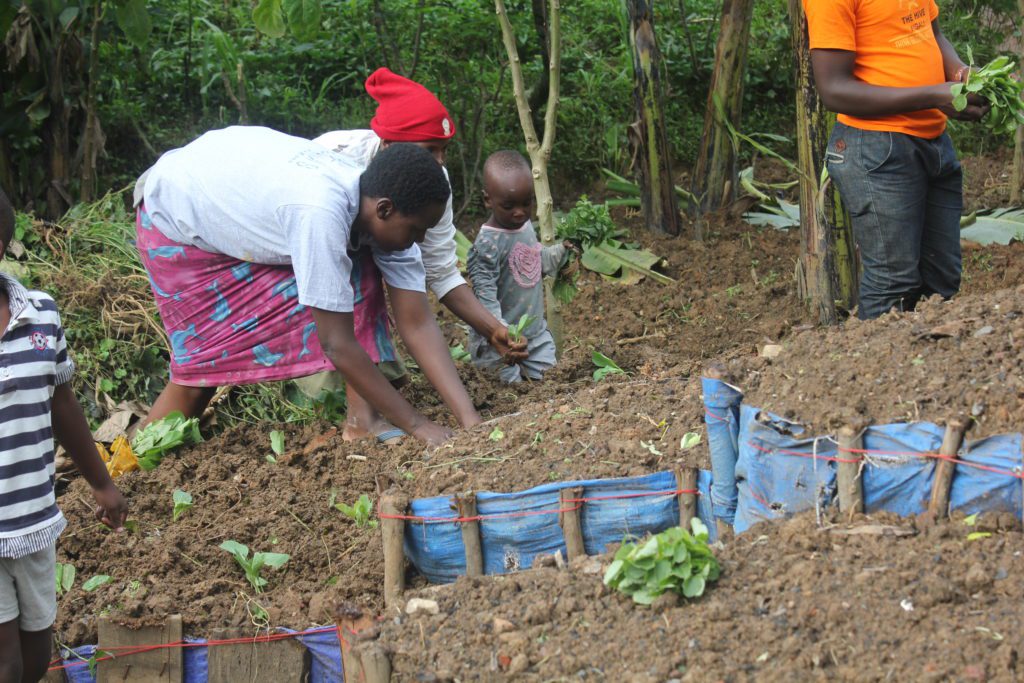How does it help farmers?
Burning organic material, like wood or plant waste, in a low-oxygen atmosphere produces biochar, a type of charcoal. It is a type of soil amendment that has been used for ages by indigenous people in places like the Amazon rainforest. Due to its potential to lessen the effects of climate change, this amendment is used in agriculture to increase the health and fertility of the soil.

Why is it good for the soil?
Biochar is a great material for enhancing soil structure because of its high surface area and pore volume. The amendment improves nutrient retention, decreases erosion, and increases water retention in soil when added. Additionally, it aids in providing home for advantageous microorganisms that are crucial for the health of the soil. This material has also helped us to enhance our plants’ development and boost our crop yields!
Is it organic?
Biochar is regarded as an organic and regenerative soil supplement. It doesn’t contain any synthetic chemicals or additions and is made from sustainable organic ingredients. The amendment also has a net negative effect on atmospheric carbon levels because it is a carbon-negative substance. Farmers can use this material as a soil additive to boost crop yields and soil health while also reducing climate change by storing carbon in the soil.

Does it help crops grow?
Biochar is a natural, organic, and regenerative soil additive that offers numerous potential advantages for agriculture. It can help farmers enhance crop yields and lessen their dependency on artificial fertilizers and pesticides by enhancing the health and fertility of the soil.
Does it reduce climate change?
By storing carbon in the soil, this amazing material helps drawn excess carbon out of our atmosphere and reduce some of the negative effects of climate change. We still don’t know all there is to know about this amazing and ages-old technique. The advantages of biochar will be much better understood and more widely used in the agricultural community as more study is undertaken on it.
Want to learn more?
Want to learn more and burn some stuff with us? Come to our hands-on Biochar Workshop, this Sunday from 3-4 pm! $15 to leave with a small bag of biochar, $60 to leave with a large bag.
Sign up through our Eventbrite page!



